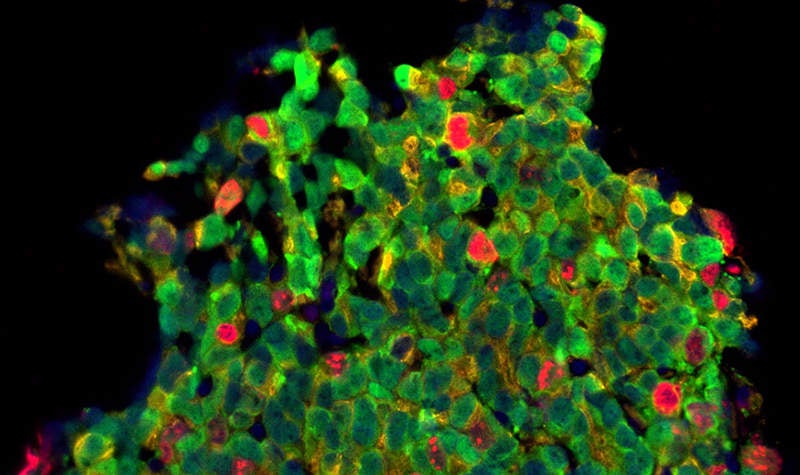
A new study led by the Institute of Cancer Research (ICR) has found that a test used to analyse blood samples for traces of tumour cells can aid in the identification of therapy response in advanced prostate cancer patients.
The study, which involved 500 subjects, demonstrated that the presence of tumour cells in samples obtained during the initial 12 weeks after beginning treatment indicates poorer outcomes in the future.
All the participants in the study were part of a clinical trial evaluating the abilities of the drug abiraterone in treating advanced prostate cancer.
During the study, ICR researchers observed that patients with zero circulating tumour cells (CTCs) in their blood samples lived for an average of more than two years following therapy.
However, even a tiny increase, such as three or four CTCs in blood samples at week 12, was found to be associated with an average survival of 15 months.
Study leader professor Johann de Bono said: “At the moment assess in the clinic how men with advanced prostate cancer are responding to their treatment. Measuring the levels of circulating tumour cells in blood samples could be a relatively quick and effective way to test men in the first twelve weeks of treatment.
How well do you really know your competitors?
Access the most comprehensive Company Profiles on the market, powered by GlobalData. Save hours of research. Gain competitive edge.

Thank you!
Your download email will arrive shortly
Not ready to buy yet? Download a free sample
We are confident about the unique quality of our Company Profiles. However, we want you to make the most beneficial decision for your business, so we offer a free sample that you can download by submitting the below form
By GlobalData“Our findings show that any increase in prostate cancer cells circulating in the blood could identify patients with significantly poorer chances of survival, even at tiny levels, and could be used to guide treatment.”
The researchers hope that the test will help with the rapid assessment of advanced prostate cancer patient responses to treatment and enable clinicians to determine whether alternative therapies are needed.




